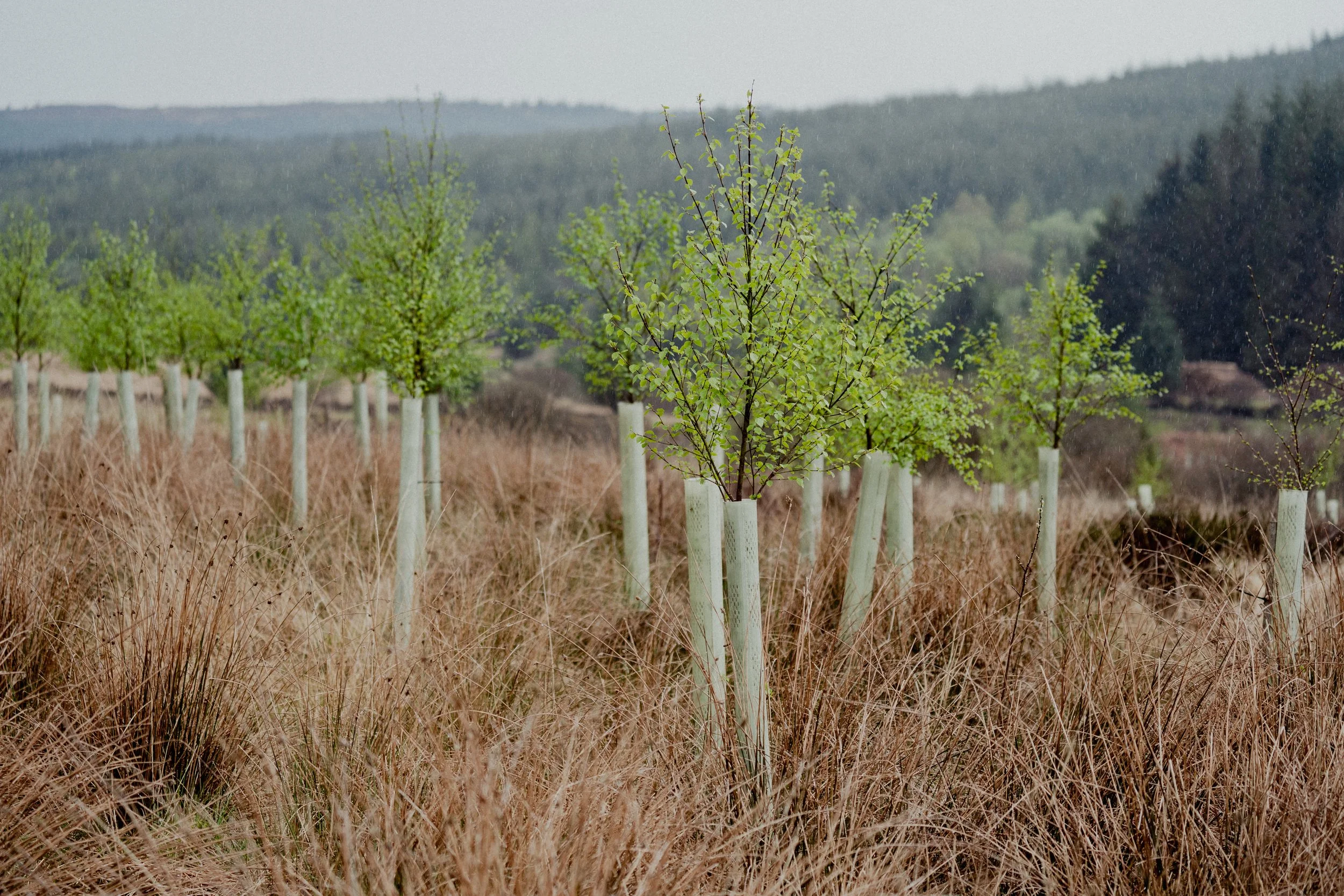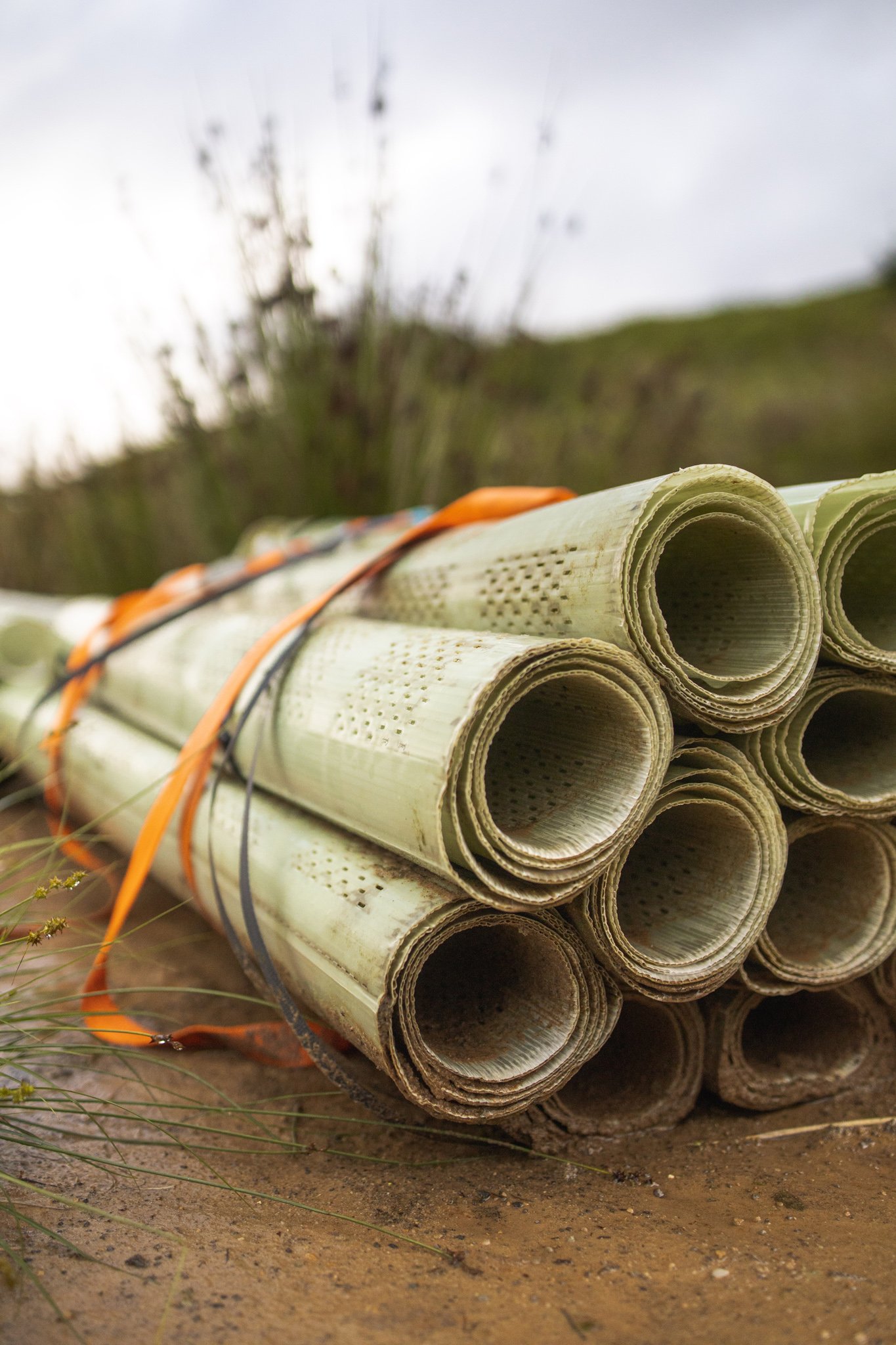Imagine standing in one of the wildest landscapes in England, looking up the valley and seeing Scots pine and native woodland stretching into the distance along a meandering burn. Black grouse forage below, and golden eagles soar above. This is the future the Northumbrian Wildlife Trust envisions for the land along the Scaup Burn at Kielderhead.
The project aspires to restore an area of native woodland, approximately 5 miles north east of Kielder Village. As one of the wildest, and most remote areas in England, it’s an ideal location for a project of this kind, although, the seclusion does not come without its challenges…
When standing in the middle of Kielder’s vast forest, it is difficult to comprehend that Northumberland has in fact the least tree coverage of any English County. Much of the Northumberland’s upland woodland has been lost due to millennia of human influence on the landscape. Pollen analysis from Kielder indicates that thousands of years ago a diverse woodland was supported in this area. The objective of the project is to plant 39,000 trees over a 5-year period, whilst restoring natural processes and creating healthy ecosystems. It’s hoped that rebuilding these ecosystems will ultimately increase carbon storage, improve water quality and create new habitats that promote increased biodiversity.
The project is a joint venture with Forestry England. Since work began in 2018, a dedicated team of volunteers have worked to help the project team plant the trees, that will one day be the Kielderhead Wildwood. Tree species including alder, birch, elm and willow have all been planted, in addition to Scots pine, of which few ancient trees have survived.
Every copy of This is Northumberland 2022 supports the Kielderhead Wildwood Project, an ambitious rewilding mission restoring natural processes and rebuilding healthy ecosystems across vast swathes of rural Northumberland.
What you can do to help
Most of the restoration work and ecological monitoring involved in this project is carried out by volunteers. Support is needed to keep the project going.
Volunteer
Volunteers are needed to help with tree planting in the spring, and to support the collection of data and wildlife surveys throughout the year.
Donate
Donations will support the project’s daily costs associated with training and supporting volunteers, capitalising on further funding opportunities, and buying and maintaining equipment.
Visit
The project has created a guided walk, so you can visit the site and learn more. The walk takes you to William’s Cleugh to visit the Scots pine trees that remain from earlier centuries.
For more information, please visit: www.nwt.org.uk






